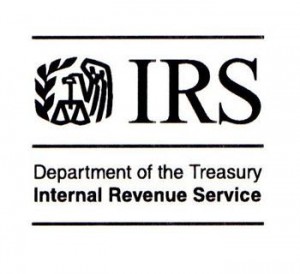The IRS has recently issued Notice 2019-45, which increases the scope of preventive care that can be covered by a high deductible health plan (“HDHP”) without eliminating the covered person’s ability to maintain a health savings account (“HSA”).
As background, since 2003, eligible individuals whose sole health coverage is a HDHP have been able to contribute to HSAs. The contribution to the HSA is not taxed either when it goes into the HSA or when it is used to pay health benefits. It can for example be used to pay deductibles or copays under the HDHP. But it can also be used as a kind of supplemental retirement plan to pay Medicare premiums or other health expenses in retirement, in which case it is more tax-favored than even a regular retirement plan.
As the name suggests, a HDHP must have a deductible that exceeds certain minimums ($1,350 for self-only HDHP coverage and $2,700 for family HDHP coverage for 2019, subject to cost of living changes in future years). However, certain preventive care (for example, annual physicals and many vaccinations) is covered without having to meet the deductible. In general, “preventive care” has been defined as care designed to identify or prevent illness, injury, or a medical condition, as opposed to care designed to treat an existing illness, injury, or condition.
Notice 2019-45 expands the existing definition of preventive care to cover medical expenses which, although they may treat a particular existing chronic condition, will prevent a future secondary condition. For example, untreated diabetes can cause heart disease, blindness, or a need for amputation, among other complications. Under the new guidance, a HDHP will cover insulin, treating it as a preventative for those other conditions as opposed to a treatment for diabetes. Read more.

 On June 26, 2013, the Supreme Court issued the Windsor decision, striking down a provision in the federal Defense of Marriage Act which had precluded recognition of same-sex marriages. In September, the Internal Revenue Service (“IRS”) announced that same-sex couples legally married in a state that recognized such marriages would now be treated as married for purposes of federal taxation, regardless of whether their marriages were recognized by their state of residence. The IRS announcement was made retroactive, meaning that such marriages will be recognized back to their inception.
On June 26, 2013, the Supreme Court issued the Windsor decision, striking down a provision in the federal Defense of Marriage Act which had precluded recognition of same-sex marriages. In September, the Internal Revenue Service (“IRS”) announced that same-sex couples legally married in a state that recognized such marriages would now be treated as married for purposes of federal taxation, regardless of whether their marriages were recognized by their state of residence. The IRS announcement was made retroactive, meaning that such marriages will be recognized back to their inception.